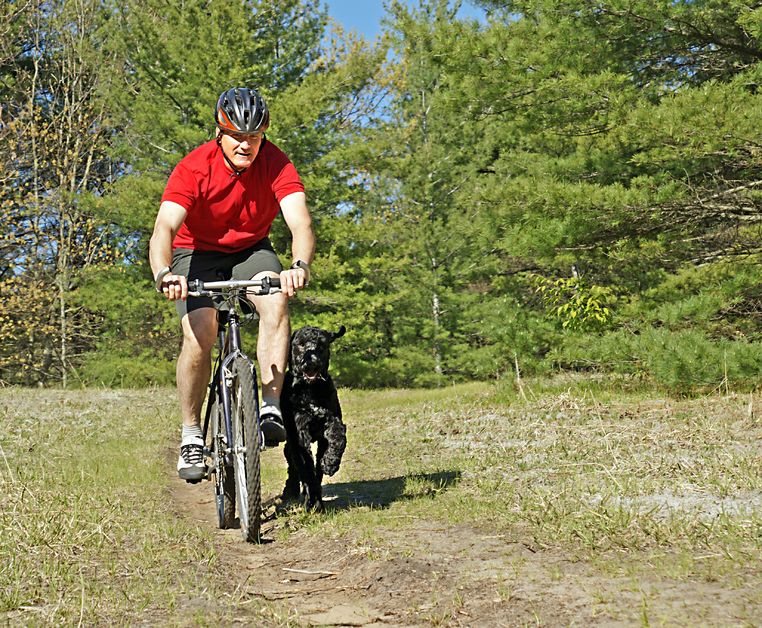Bringing a puppy into your life is an exciting experience, but it also comes with a lot of responsibility. The early days of puppyhood are crucial for establishing the foundation of a well-behaved dog. Puppy training, particularly in the early stages, helps prevent future behavioral problems and sets your dog up for a lifetime of good habits. Whether you are working on basic dog training or dog obedience training, starting early ensures long-term success for both you and your puppy.
In this blog, we will explore why early puppy training is essential, how it helps build good habits, and the steps you can take to ensure your puppy grows into a well-mannered adult dog.
Why Early Puppy Training Matters
The first few months of a puppy’s life are critical for shaping their behavior and personality. During this time, puppies are like sponges, soaking up everything around them. They are learning how to interact with the world and their humans, which is why early training is so important.
Puppy training helps establish positive habits and prevents common behavioral issues such as biting, chewing, and excessive barking. By providing structure and consistency, you give your puppy the tools they need to thrive in their new environment. Early training also strengthens the bond between you and your puppy, fostering a relationship built on trust and respect.
The Window of Opportunity for Socialization
One of the key benefits of early puppy training is socialization. Puppies between the ages of 3 and 14 weeks are at a critical stage for social development. During this time, they are most receptive to meeting new people, dogs, and environments. Proper socialization is essential for preventing fear-based behaviors, aggression, and anxiety later in life.
By introducing your puppy to a variety of people, animals, and situations in a positive, controlled manner, you can help them become well-adjusted and confident dogs. This is why puppy training classes are often recommended during this period, as they provide a safe space for your puppy to socialize with others.
Basic Dog Training: Laying the Foundation
Basic dog training is the first step in your puppy’s development. This includes teaching essential commands such as “sit,” “stay,” “come,” and “leave it.” These foundational skills not only improve your dog’s behavior but also make daily life easier for both you and your puppy.
1. Sit and Stay
The “sit” and “stay” commands are essential for basic dog training. These commands help establish control and can prevent unwanted behaviors such as jumping or running off. “Sit” is often the first command puppies learn because it is simple and easy for them to understand. Teaching your puppy to stay in place is equally important, as it helps them remain calm and controlled in various situations.
2. Come When Called
Teaching your puppy to come when called is crucial for safety. This command can prevent your puppy from running into dangerous situations, such as traffic or unfamiliar areas. Practice this command regularly, especially in a controlled environment where there are fewer distractions. Always reward your puppy when they come to you, so they associate the behavior with positive outcomes.
3. Leave It and Drop It
Puppies often have a natural instinct to chew and explore objects with their mouths. Teaching your puppy the “leave it” and “drop it” commands helps ensure they don’t ingest harmful items or engage in destructive behaviors. Use positive reinforcement when your puppy responds correctly, and consistently reinforce the commands to establish good habits.
Dog Obedience Training: Building on Basic Skills
Once your puppy has mastered basic dog training, it’s time to build on these skills with dog obedience training. Obedience training focuses on reinforcing good behavior and teaching your puppy more advanced commands and skills.
1. Leash Walking
Leash training is one of the most important aspects of dog obedience training. Puppies are naturally curious and may pull on the leash when they’re excited. Teaching your puppy to walk calmly on a leash not only makes walks more enjoyable but also ensures your puppy’s safety when out in public. Start by rewarding your puppy for walking calmly by your side and gently guiding them when they pull.
2. Focus and Attention
Teaching your puppy to focus and pay attention to you is an essential obedience skill. This command is useful in distracting situations, such as when you’re walking in a busy park or encountering other dogs. Encourage your puppy to focus on you with a simple cue like “look” or “focus” and reward them when they give you their full attention.
3. Proper Socialization with Other Dogs
As your puppy grows, it’s important to continue socializing them with other dogs. Dog obedience training should include controlled interactions with other well-behaved dogs to ensure your puppy grows up confident and friendly. Socialization helps your puppy learn appropriate play behaviors, such as not being overly dominant or submissive.
The Role of a Trusted Dog Trainer
While basic dog training and dog obedience training can be done at home, working with a professional trainer can significantly enhance your puppy’s progress. A trusted dog trainer can provide expert guidance, help with complex behavioral issues, and ensure that your puppy is receiving the best training possible.
A professional trainer will have experience in various dog training methods, and they can tailor the training process to your puppy’s individual needs. Whether it’s addressing behavioral challenges, refining obedience skills, or enhancing socialization, a professional trainer can offer valuable insights and support to ensure long-term success.
Key Tips for Long-Term Success in Puppy Training
1. Consistency is Key
Consistency is one of the most important factors in puppy training. Use the same commands, rewards, and training techniques consistently to avoid confusing your puppy. Make sure all family members are on the same page when it comes to training expectations.
2. Short, Positive Training Sessions
Puppies have short attention spans, so it’s important to keep training sessions brief but positive. Focus on one command at a time and end each session on a positive note. Use treats, praise, and toys to reward your puppy for successful attempts.
3. Patience and Positive Reinforcement
Training takes time, and puppies may not always get things right immediately. Be patient and use positive reinforcement to encourage your puppy when they succeed. Celebrate small wins and keep training fun and rewarding for your puppy.
Creating Good Habits Early On
Early puppy training is essential for setting your dog up for long-term success. By starting with basic dog training and progressing to dog obedience training, you can create a well-behaved, confident puppy. Consistency, socialization, and positive reinforcement are key to building a strong foundation of good habits. Working with a professional trainer can also provide valuable support and ensure that your puppy receives the best training possible.


